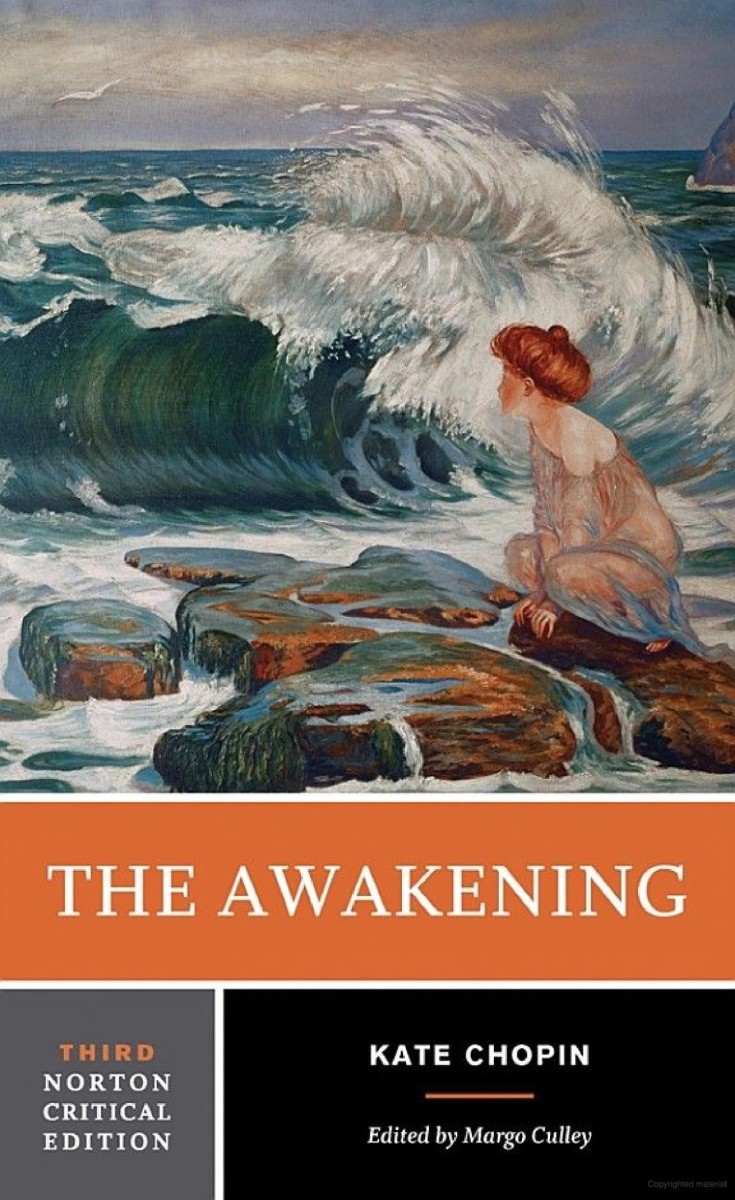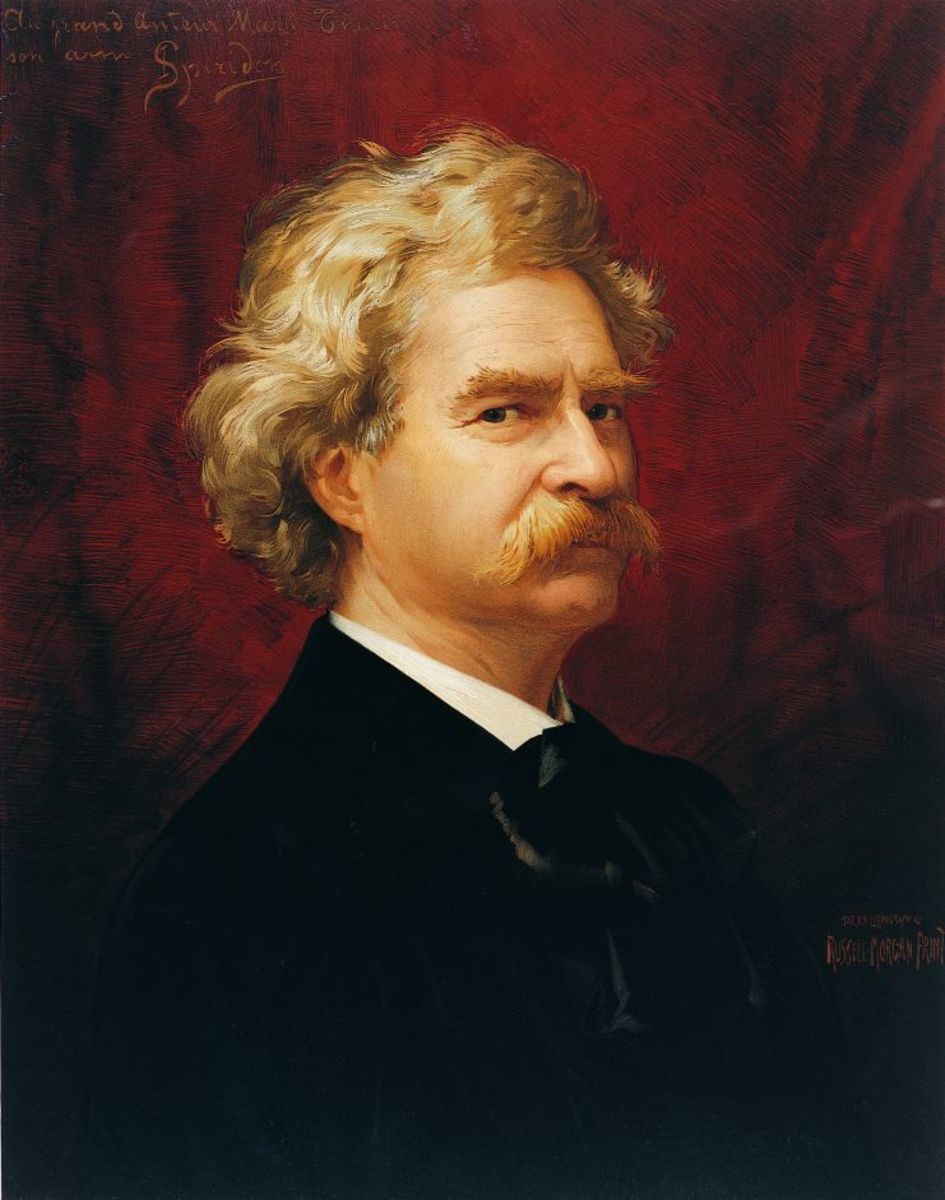"This Cursed Family"~ The Curse of the Starving Class

The Curse of Weston’s Family: A Microcosm of Mankind’s Separation from God, and the Need for a Savior
There are various curses which take place among the characters in Sam Shepard’s play, The Curse of the Starving Class. The “curse” occurs among the various family members displayed within the play, and the types of curses range from genetic to economic, and even a spiritual curse. All of the various curses which the family members are stricken with can all be linked to the curse related to the fall of mankind, the subsequent curse of the human flesh and the by-product of sin, as well as the need for a Savior from the curse.
The strongest use of the word “curse” in the play is when Ella speaks with her son about Weston. Her use of the word curse refers to a genetic curse which can be applied to all living human beings. Her use of the word “curse”, and the reference of it being passed on from generation to generation, refers to the curse of the human flesh, the fall of mankind dating back to the garden of Eden, where Adam and Eve both defied the will of God by partaking of the Tree of the Knowledge of Good and Evil: “It’s a curse… Repeats itself…To Atoms…Plotting in the womb. Before that even. It goes forward too. We spread it. We pass it on. We inherit it and pass it down, and then pass it down again. It goes on and on like that without us” (Shepard 174). The curse of the flesh is a commonality which all of the family members share.
Wesley and Emma’s heated exchanges are an example of a familial curse. Wesley boils Emma’s chicken, and urinates on her charts, exemplifying his lack of consideration for his sibling. This is a sign that the family’s interests are divided, and that instead of having a unification of purpose and spirit, each individual is seeking his or her own ends. One definition of the curse can be “the separation of purpose among family members caused by selfish desires and intentions.”
Weston is a prime example of a physiological-psychological curse. His mind and spirit become controlled by alcohol, the symptoms of which are revealed by his son Wesley’s testament of his drunken antics, and Weston’s very own language given in all-capital dialogue. The division of father and son carries with it a Christian undertone, alluding to Jesus’ referring to himself as the sword which will divide a family for the spiritual survival of the individual: “For I have come to turn “‘a man against his father, a daughter against her mother, a daughter-in-law against her mother-in-law-a man’s enemies will be the members of his own household’” (Matthew 10:35, 36). Jesus quotes directly from Micah, the prophet in the Old Testament, who warns mankind against placing their trust in anyone save God alone: “For a son dishonors his father, a daughter rises up against her mother, a daughter-in-law against her mother-in-law—a man’s enemies are the members of his own household” (Micah 7:6). Weston’s failure to maintain composure reveals the enmity among the members, and shows his sense of disconnection from the rest of the family. His loud antics are intended to disturb the other members of the family: “NO MIRACLES TODAY! THEY’VE ALL BEEN USED UP! IT’S ONLY ME! MR. SLAVE-LABOR HIMSELF COME HOME TO REPLENISH THE EMPTY LARDER! (Shepard 157); his complaints of being the only contributor to the household are a self-defeating mechanism taking the place of a will and desire to co-operate and compromise with the other members of his family.
Most prominent in importance of the various types of curses throughout the play is the family’s connection to economic struggle. Also linked to the fact that each family member does not consider the interests of the other, they all go their separate ways in attempting to achieve monetary security. This is exemplified in Weston’s gamble with a real estate property which turns out to be a loss. Both Weston and Ella go behind each other’s backs to sell the house. The house being the only thing that the family members really have in common, the loss of the house would only embody their lack of economic security which would result in the breakdown of their physical togetherness. Emma decides to resort to crime, a sign that her economic curse leads her to seek devious income, thereby cursing others. So in this sense, the economic curse is contagious when victims of the curse must resort to becoming a threat to outsiders.
Subtly and symbolically, yet not any less significantly than the more obvious forms of curses within the play, Shepard bears homage to Jesus Christ and the fact that He was cursed by mankind. The presence of the lamb within the home, and the fact that the lamb causes dissension between Weston and Wesley, is an obvious embodiment of the presence of Jesus Christ in the home, and the fact that the power of Christ is not acknowledged or embraced by the family members, or the family as a whole. Jesus Christ is the foundation of a strong familial relationship, and His absence can be seen in the afflictions of the members of Weston’s family. Wesley, the son of Weston, makes a reference to the blood of the lamb, which signifies the blood of Jesus, the Lamb of God, which through baptism in the water of his blood, cleanses a man and woman of all sins forever: “I had the lamb’s blood dripping down my arms. I thought it was me for a second. I thought it was me bleeding” (Shepard 195). This cerebral utterance gives thought to the ties between Wesley’s blood and the blood of the Lamb of God, Jesus Christ, ultimately signifying the exchange of a man’s own blood for the blood of Christ, thereby rendering him innocent of all the sins of the flesh. In fact, Shepard includes the lamb in his story to give tribute to the greatest curse that ever lived, Jesus Christ: “Christ redeemed us from the curse of the law by becoming a curse for us, for it is written: “Cursed is everyone who is hung on a tree” (Galatians 3:13).
Throughout The Curse of the Starving Class, Sam Shepard displays a various number of different types of curses which each and every character, either individually or collectively, is stricken with. Whether the form of the curse be genetic, familial, physiological-psychological, economic, or even spiritual, the curse of Weston’s family is a prime example of a household with divided interests, and the grim reality that “a house divided against itself will fall” (Luke 11:17).







